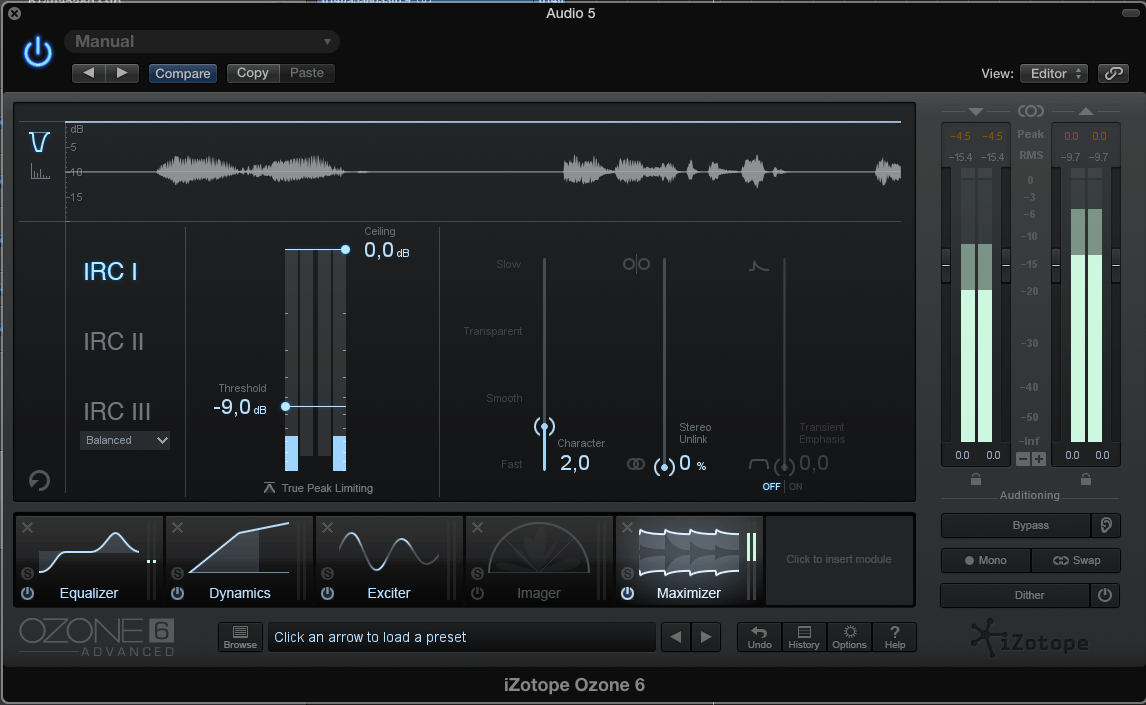

Listeria monocytogenes can cause deadly listeriosis in susceptible human populations and has a high mortality rate ( CDC, 2017). In summary, the application of continuous low-dose gaseous ozone has the potential to control Listeria on Red Delicious apples without negatively influencing apple quality attributes. During the 36-week CA storage, low-dose continuous gaseous ozone application significantly retarded the growth of yeast/mold, delayed apple firmness loss, and had no negative influence on ozone burn, lenticel decay, russet, CO 2 damage, superficial scald, and soft scald of Red Delicious apples compared to CA-alone storage. innocua compared to RA and CA storage alone. Ozone gas application caused an additional > 3 log 10 CFU/apple reduction of L. The 36 weeks of refrigerated air (RA) or CA storage caused ∼2.2 log 10 CFU/apple reduction of L. Uninoculated Red Delicious apples subjected to the above storage conditions were used for yeast/mold counts and quality attributes evaluation. innocua cocktail at ∼6.2 log 10 CFU/apple, treated with or without 1-methylcyclopropene, and then subjected to controlled atmosphere (CA) storage with or without continuous gaseous ozone in a commercial facility for 36 weeks. Red Delicious apples were inoculated with a three-strain L. This study aimed to investigate the effects of low-dose continuous ozone gas in controlling Listeria innocua and quality attributes and disorders of Red Delicious apples during long-term commercial cold storage. 3Stemilt Growers LLC., Wenatchee, WA, United States.2Washington Tree Fruit Research Commission, Wenatchee, WA, United States.1School of Food Science, Washington State University, Pullman, WA, United States.Xiaoye Shen 1 Yuan Su 1 Zi Hua 1 Lina Sheng 1 Manoella Mendoza 2 Yang He 1 Tonia Green 1 Ines Hanrahan 2 Rob Blakey 3 Mei-Jun Zhu 1*


 0 kommentar(er)
0 kommentar(er)
